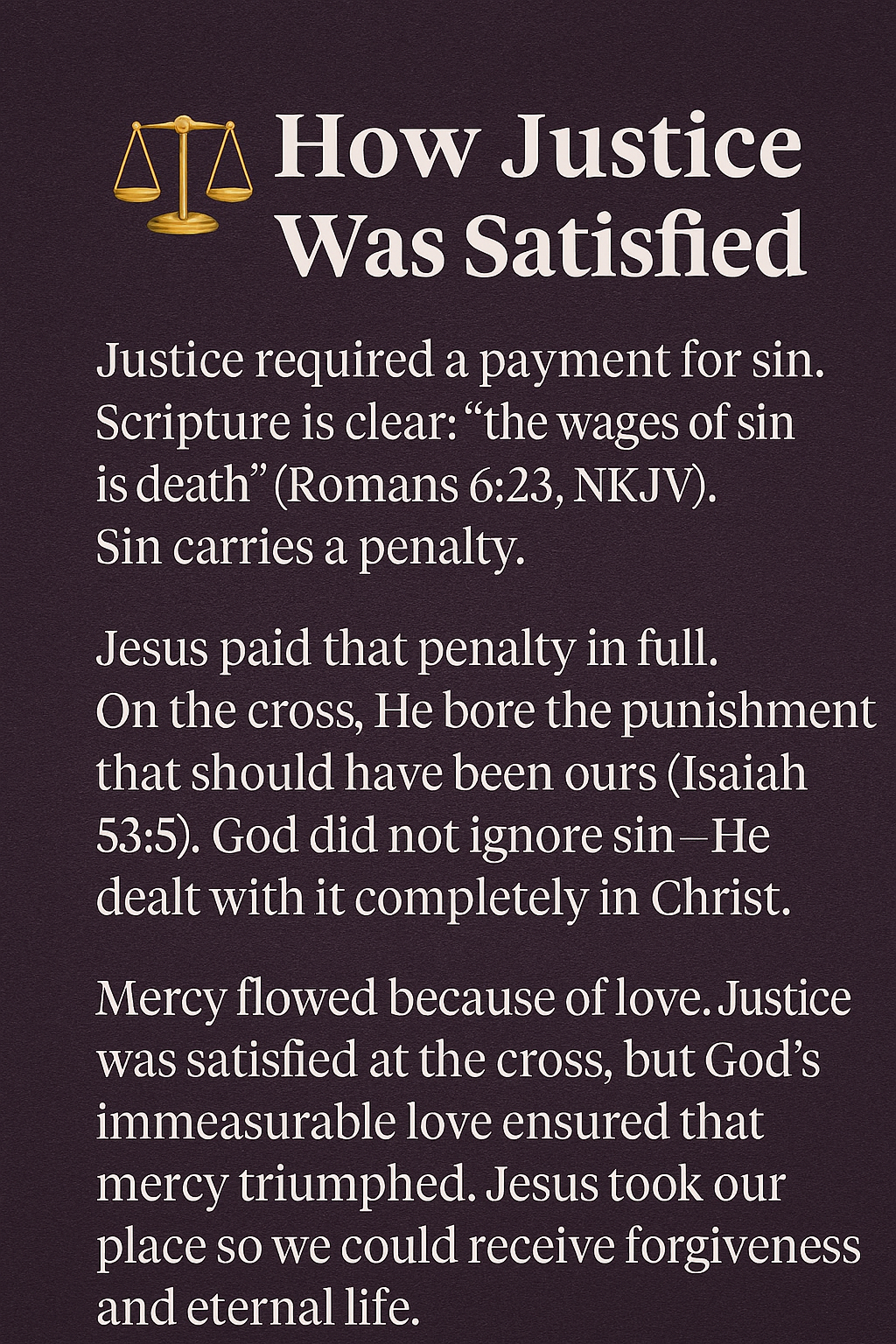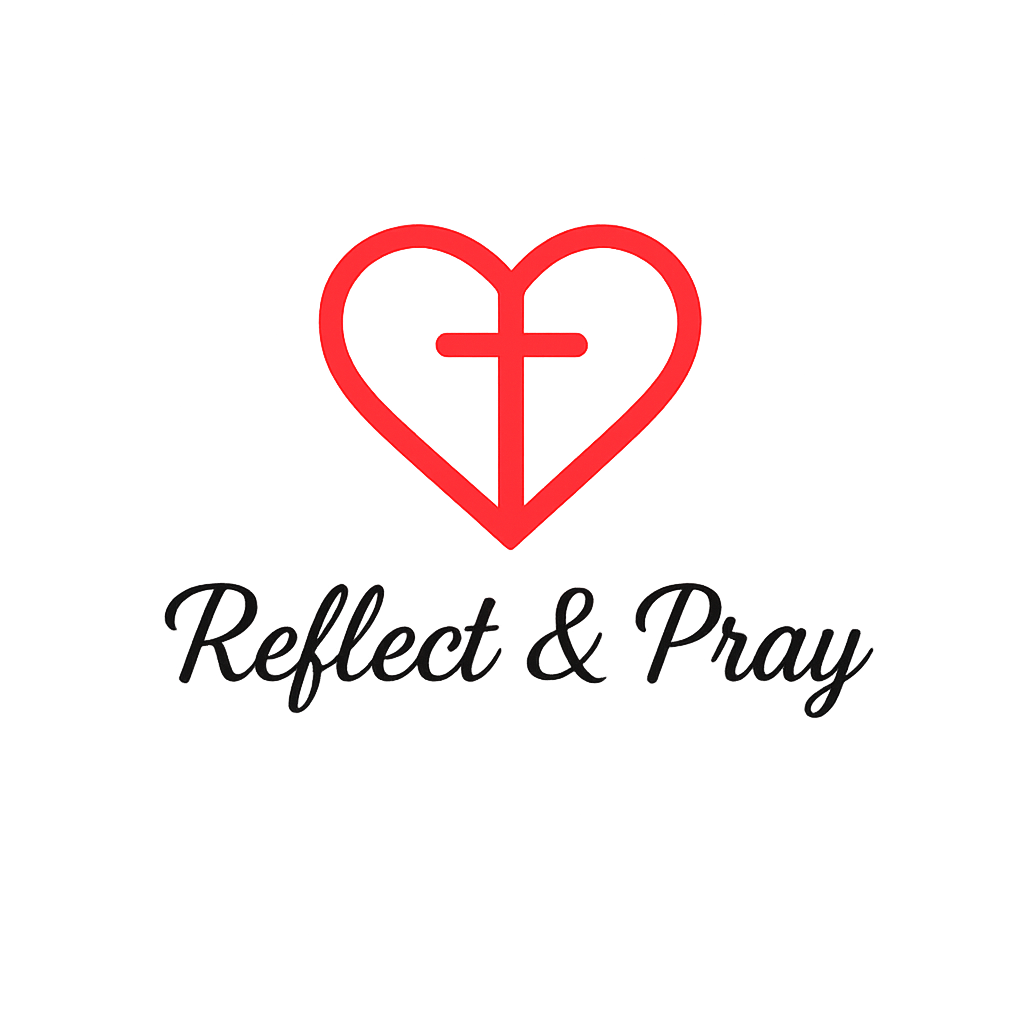
“...For whatever a man sows, that he will also reap.”— Galatians 6:7 NKJ
“You reap what you sow.” It’s a phrase many of us have heard—whether from a parent, a pastor, or even our own inner voice. The Loved Beyond blog was born from a heartfelt conversation among four women who shared their joys, struggles, and encouragement. In one of those moments, the phrase “You reap what you sow” took center stage, stirring a hunger in me to understand more about God’s justice and His nature. From that conversation, I began to study mercy.
Farmers plant seeds and expect a harvest that reflects what was sown. Likewise, in life, our choices carry consequences—hence, the term sowing and reaping. Scripture affirms this truth, reminding us that our actions matter. Sowing and reaping is about cause and effect—a reaction to an action. Sometimes, we receive exactly what we deserve—good or bad. But if strict justice was the rule, none of us could stand. A failure would always lead to destruction. A sinful choice would always bring the punishment it deserves. Yet that’s not the whole story. Why? Because God, in His love, steps in with mercy.
Mercy interrupts cycles that justice alone would allow to run their course. A mistake doesn’t always carry the full weight of its consequence. A sin doesn’t always end in the judgment it deserves. God’s love often intervenes, redirecting what we should reap into something that draws us closer to Him.
But there is another side: sometimes suffering comes even when we haven't done anything to deserve it. Job, described as blameless and upright, endured immense loss and pain—not as the harvest of sin, but as part of a larger plan that revealed God’s sovereignty and tested faith. In John 9, the disciples asked Jesus about the man born blind: “Rabbi, who sinned, this man or his parents, that he was born blind?” (John 9:2, NKJV). Jesus’ response was profound: “Neither this man nor his parents sinned, but that the works of God should be revealed in him” (John 9:3, NKJV). His suffering wasn’t a result of sowing sin—it was an opportunity for God’s glory to be displayed.
If we’re honest, it feels easier to view God as just than merciful. Justice is predictable: good deeds lead to good fortune; bad deeds lead to bad fortune. Mercy, however, is disruptive. It withholds what we deserve and gives what we don’t deserve. Suffering complicates things further, reminding us that God’s ways are higher than ours and that sometimes His plan is about revealing His glory, not about balancing a scale of deeds.
The cross itself is the clearest picture of this reality: life is not only about reaping what we sow. Jesus reaped the punishment of sin He never sowed, so we could reap eternal life we never earned. Justice was satisfied, but mercy was extended.

Love held the two together, reminding us that at the center of it all, beyond sowing and reaping, there is love.

Let’s Reflect
- Where have you seen God’s mercy interrupt the harvest you should have received?
- How does Job’s story, or the blind man’s healing, shape the way you view suffering in your own life?
- How often do you perceive God primarily through the lens of justice rather than mercy?
Let’s Pray
Father, thank You for being both just and merciful. Thank You for the times You shield me from the harvest I deserve, and for the times when suffering becomes a place where Your glory shines. Teach me to trust Your love even when I don’t understand. Help me to extend mercy to others, just as You have shown mercy to me.
Amen.
